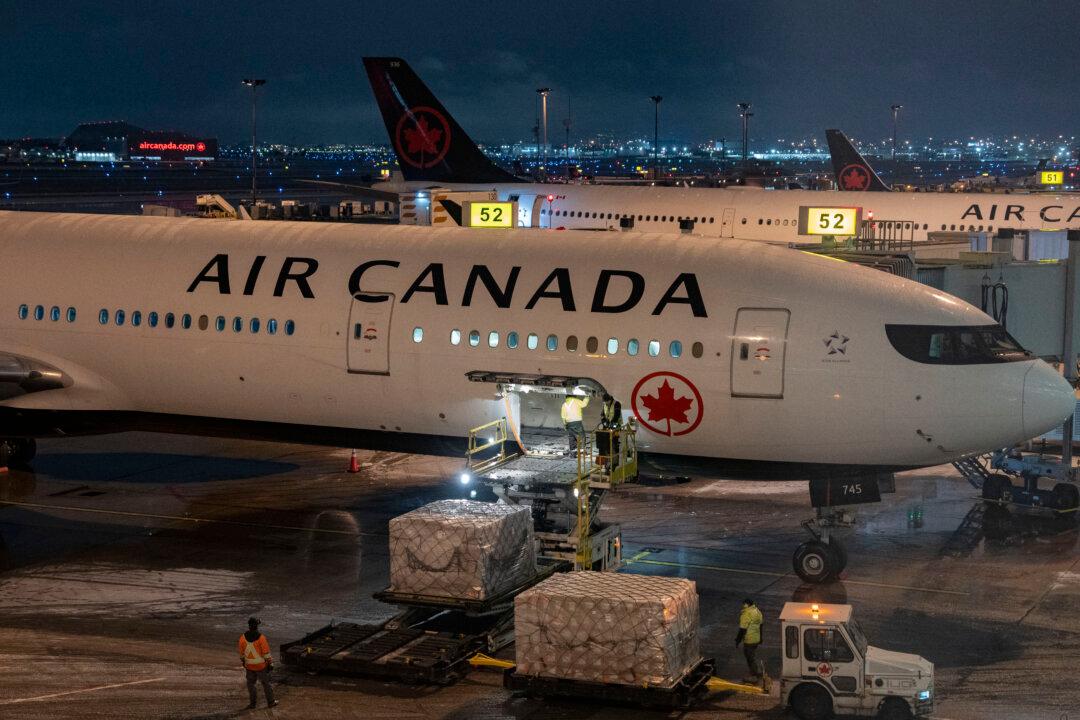Quebec Premier François Legault is in St. John’s today for discussions with Newfoundland and Labrador’s premier about what will come after a bitterly divisive hydroelectric energy deal ends in 2041.
Legault faces a Newfoundland and Labrador public scarred by the legacy of two hydroelectric projects considered to be failures for the Atlantic province.





